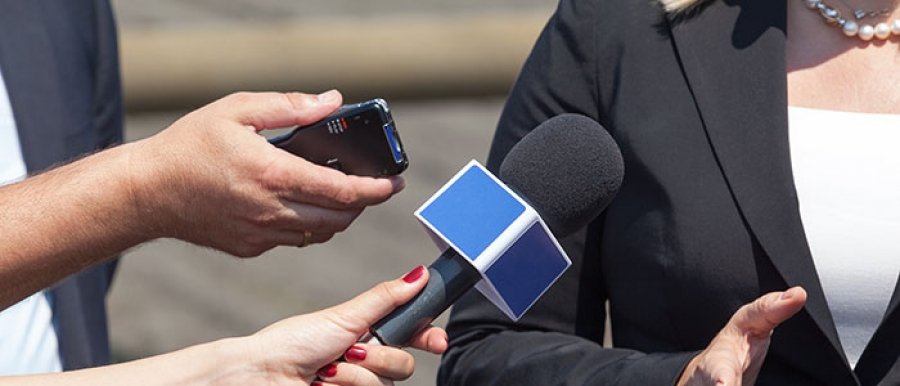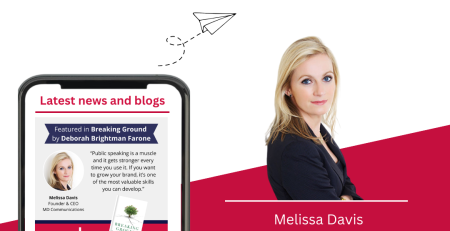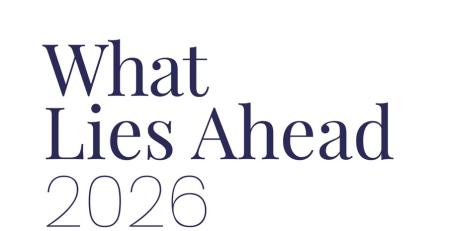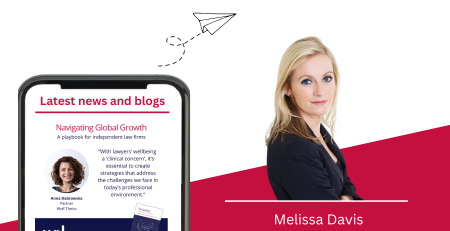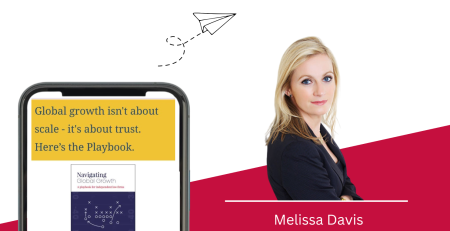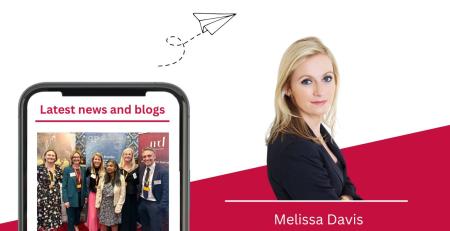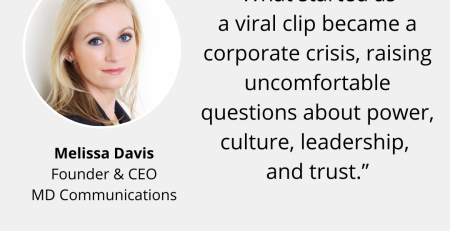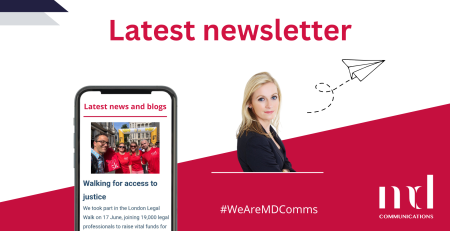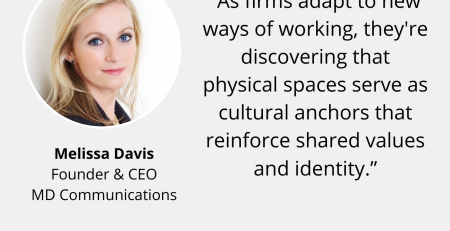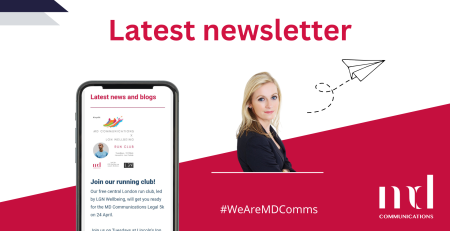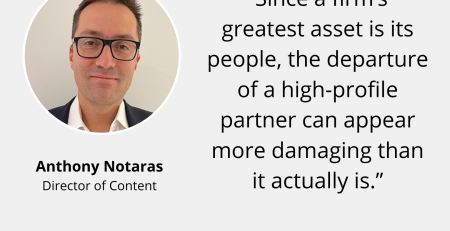In this social media age, we fire off a tweet – expressing sadness at the death of a pop star or concern about an incoming American president’s views – hoping a few people will see it; knowing there’s a chance it gets very widely picked up.
You release it, hoping it’s good enough.
Maybe we can now blame Twitter for a PR mistake I’ve seen many times. A company, law firm or individual sends off a press release to the media, goes home for the evening and looks forward to seeing their name in the next day’s press. Job done.
Did we go viral?
Well of course not. This really was only going to be the beginning.
The phone rings – are you prepared?
Investing your PR strategy solely in the odd press release is a gamble – just as, in fact, a barely-used social media account won’t garner a following, and is unlikely to spread the word wide while you sleep/eat/work out.
More reliable is a multi-layered PR strategy, and that includes media training – being able to handle yourself when engaging with the media.
Look at it this way, you could get lucky. That press release you sent off yesterday could be a great story that catches the eye of nation’s media.
However – what do you do when the phone rings and it is the BBC or a national newspaper asking if they can interview you further on the topic of the press release?
Or, as happens these days, when the press call asking about the online abuse your initiative is receiving from disgruntled ex-business partners, campaigning groups or a local community.
The brave or naive might jump at the chance and cross the difficult bridge of how to handle tough questions from a journalist live on television in front of millions of viewers there and then.
Others might panic.
Be confident when facing the media
Then there will be those who actually decided to take some media training on board as part of their overall PR strategy who will feel much more confident and handle their interview in a way that makes them, their firm and the point they are trying make much more professional.
While the public might find it entertaining to see someone stumble in the face of questioning on the television or clearly being out of their depth when a newspaper selectively prints their quotes in the next day’s edition, the interviewee won’t share in that pleasure.
A one-off media training session, with refresher sessions to follow, can make the whole world of difference to how you and your firm are perceived in the media.
This is even more important given the fierce competition in today’s legal market, and the way media appearances get shared and critiqued.
Put yourself in your potential clients’ shoes, who, remember, are media viewers and social media users as well.
They want to see an articulate professional who is confident and clear in an interview situation, rather than someone who looks out of their depth, nervous and muddled or even worse defensive and contradictory.
The benefits of media training
If you haven’t checked out this (at least in PR circles) classic interview posted on YouTube with Peter Ward, then chief executive of the British Dental Council. Even the most innocent looking pre-record can go horribly wrong.
Even when you are contacted unexpectedly by a journalist, isn’t it better to be prepared? Media training is painless, not having it can be as painful as having your teeth drilled. Just ask Peter Ward.
We offer media training courses specifically tailored for lawyers – please get in touch for a chat about how we can help.
Request our free guide: 12 mistakes lawyers make with the media.


